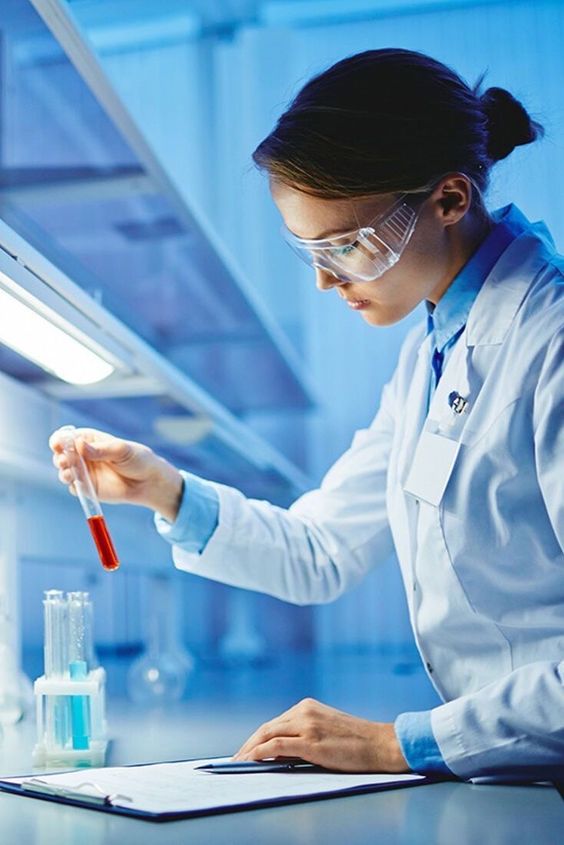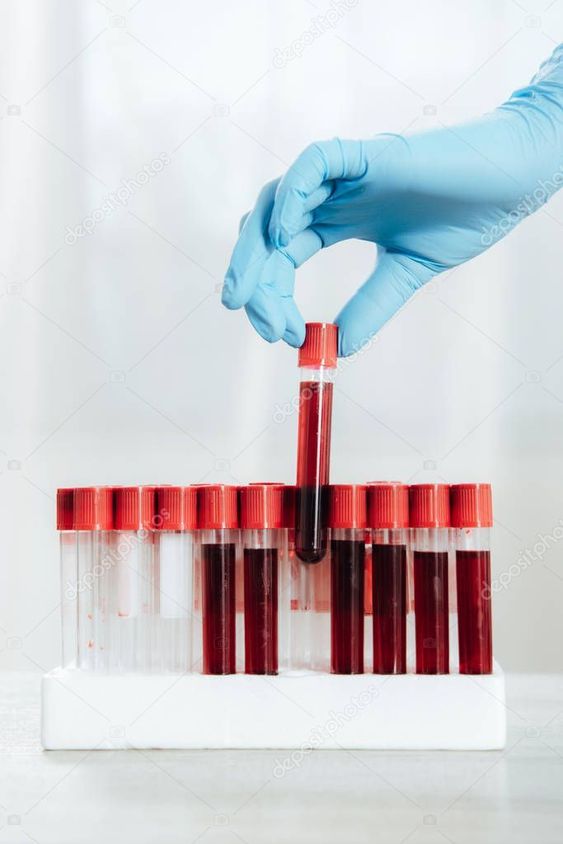Diagnostics
When, why and what tests to take
01.
If you have a sore throat, sore eyes, runny nose, or ear pain, it could be not only the flu, but also infections that can be easily identified if you take a bacteriological culture test to identify the causative agent and select highly effective drugs, rather than risk your health self-medicating.
02.
If you have frequent bronchitis in protracted forms, you need to take clinical and biochemical blood tests, take tests for infections, take tests for bacteriological culture from the throat and nose.
03.
If you have problems with the skin or the gastrointestinal tract, then you need to be tested for dysbacteriosis, feces for parasites, tested for helminths, and tested for scatology.
04.
If you are sexually active, then you need to remember that sexually transmitted infections (STIs) often occur without visible symptoms. You can identify the causative agents of these infections in a medical laboratory - take a complete bacteriological culture test, take tests for hidden infections, take tests for STIs, take a blood test for HIV infection, syphilis and hepatitis.

Any medical analysis or research provides the doctor with additional information that helps to make a more accurate diagnosis, determine the stage of the disease, and prescribe treatment.
To study the functions of organs and tissues, various laboratory diagnostic methods are used, primarily general clinical, biochemical studies of blood and urine, cytological methods for studying various body fluids (saliva, sputum, bone marrow, pleura, cerebrospinal fluid, etc.), stool examination on scatology, carbohydrates, intestinal microflora, microbiological studies, the latter are necessary for the diagnosis of infectious diseases.
The key to successful treatment is correct diagnosis!
01.
Laboratory analysis - is a way to obtain objective and absolutely reliable data about the state of your health; it is a way to avoid many mistakes or even ineffective and sometimes unnecessary treatment.
02.
Instrumental diagnostics -are quantitative analytical methods that require electrochemical, optical, radiochemical and other equipment.
03.
For what
Today, not a single doctor who respects himself and his profession can do his work without the results of laboratory and instrumental studies. This is, of course, a necessary component both for making a diagnosis, and in choosing a treatment method, and in prescribing certain medications.
04.
Eventually
Regardless of the result, you always win - either all fears are dispelled, or you get the opportunity to solve the problem in a timely manner by turning to specialists.
How to call a laboratory for testing?
Calling a laboratory for testing proceeds as follows:01.
Contact with a medical organization
The patient or his relatives should contact the attending physician to obtain a list of necessary tests
02.
Needs assessment
A healthcare professional conducts a needs assessment and determines which tests can be done at home
03.
Appointing a nurse to take tests at home
A nurse could be appointed to take tests at home.
04.
Taking tests at home
A nurse comes to your home and analyzes samples in accordance with doctor’s orders
What types of diagnostics are there

To study the functions of organs and tissues, various laboratory diagnostic methods are used, primarily general clinical, biochemical studies of blood and urine, cytological methods for studying various body fluids (saliva, sputum, bone marrow, pleura, cerebrospinal fluid, etc.), stool examination for scatology, carbohydrates, intestinal microflora, microbiological studies, The latter are necessary for the diagnosis of infectious diseases. It is possible to get tested in Tashkent at any medical clinic in the first half of the day. In cases where the patient cannot independently reach the clinic, the practice of taking tests at home is applicable. And Paramedics provides the opportunity to take tests at home 24/7; the patient will receive laboratory diagnostic results directly in the application as soon as ready.